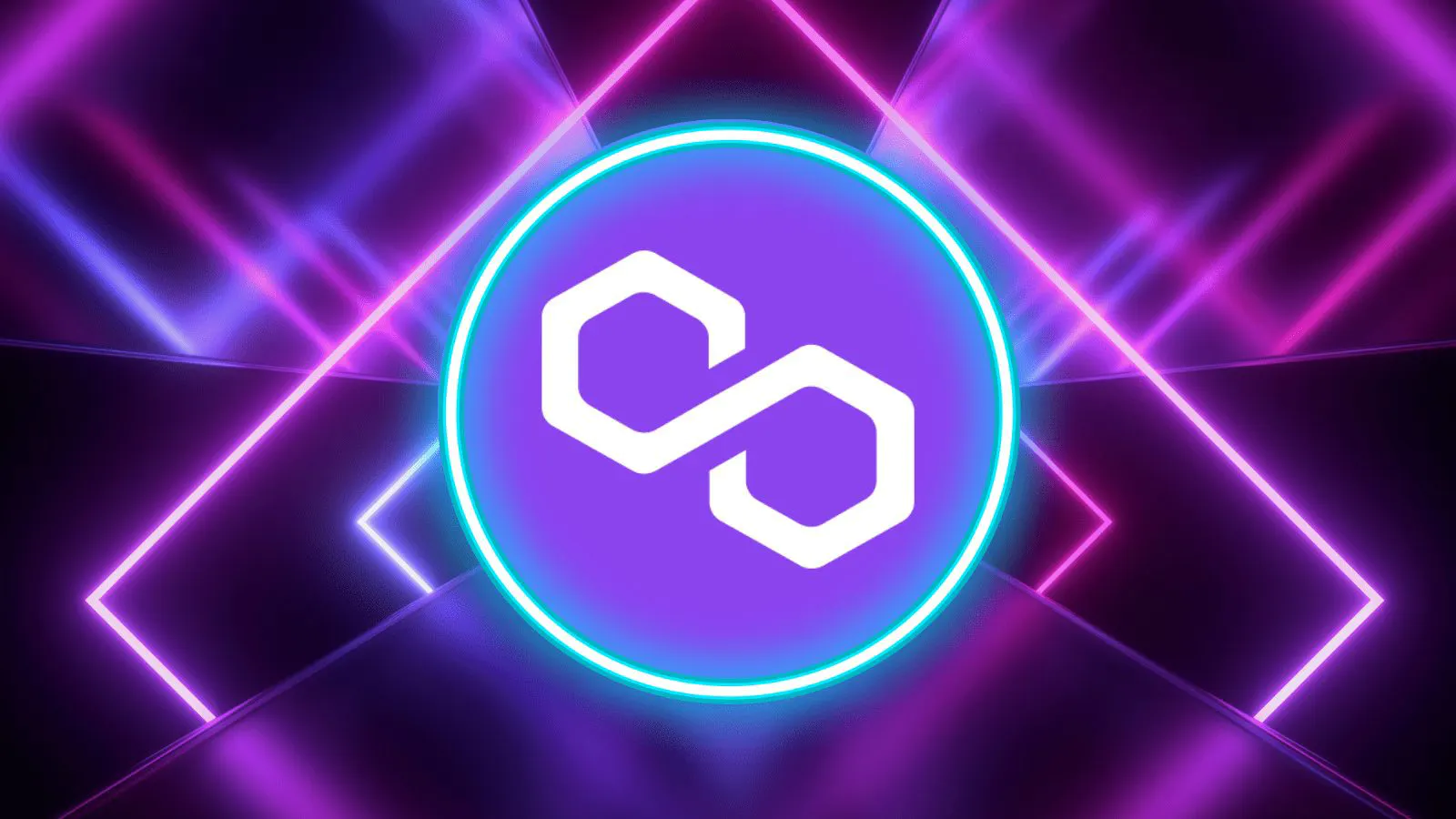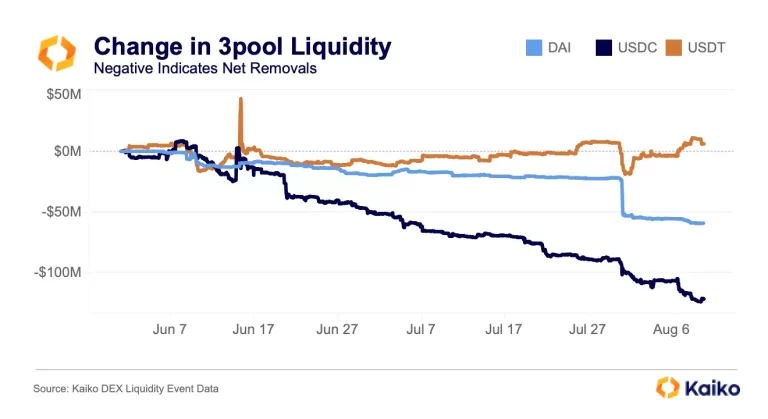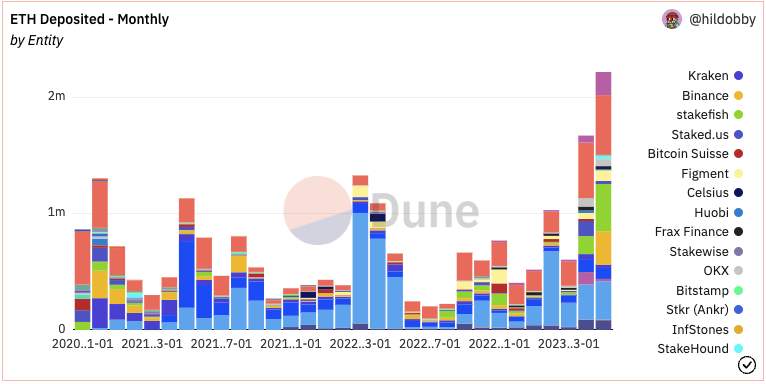- Matter Labs has denied allegations of source code plagiarism made by Polygon.
- Polygon previously accused Matter Labs of copying part of its open-source code without giving due credit.
- In response, Matter Labs claimed it had sufficiently attributed the copied code to Polygon.
Matter Labs, the crypto firm behind zkSync, has responded to the recent plagiarism allegations made by fellow Ethereum layer-2 scaling solution Polygon. Earlier today, Polygon accused Matter Labs’ developers of copying parts of its open-source code without giving due credit for the plagiarized code. Matter Labs has denied the allegations and argued that it had sufficiently attributed the copied part to Polygon.
Matter Labs: Polygon Is Making “Untrue Claims”
Earlier today, Polygon published a blog post titled “Protect the Open Source Ethos”, which accused Matter Labs of copying a “significant amount” of source code from the Plonky2 library to its recently unveiled proving system called Boojum. According to Polygon, the code was copied with copyrights or attribution to its original authors.
Polygon also called out Matter Labs’ founder Alex Gluchowski for claiming that Boojum is more efficient than Plony2. Polygon questioned the authenticity of Gluchowski’s claim, given that Boojum’s code concerning performance was directly copied from Plonky2. Polygon further cited Boojum’s introductory post, which failed to mention the layer-2 scaling solution or its developers.
In response to Polygon’s allegations, Matter Labs clarified that its Boojum proof system derived 5% of its code from Plonky2, which was “prominently attributed” in the first line of its library. In a statement to CoinDesk, a Matter Labs spokesperson said that Polygon’s blog post made untrue claims about Boojum’s code.
CEO Alex Gluchowski followed up with a detailed tweet where he expressed his disappointment with Polygon’s allegations. Gluchowski reiterated that only 5% of the Boojum code was based on the Plonky2 code. He added that Boojum and Plonky2 were both implementations of the Redshift, which he claimed was introduced by Matter Labs 3 years before Polygon published the Plonky2 paper.
If the Polygon Zero team wanted additional credit, the easiest way would have been to submit a pull request which we would have happily accepted. Going ahead with public accusations of a complete lack of attribution is anything but the spirit of the Open Source movement.”
Alex Gluchowski, Co-founder and CEO of Matter Labs
The tension between Polygon and Matter Labs comes as both firms rush to deliver the first zero-knowledge Ethereum Virtual Machine (zkEVM) to offer cheaper and more efficient transactions on the Ethereum network. Earlier this year, Polygon’s Mihailo Bjelic and Matter Labs’ Alex Gluchowski were involved in a heated exchange over the latter’s zkSync Era, particularly its security audits.














+ There are no comments
Add yours